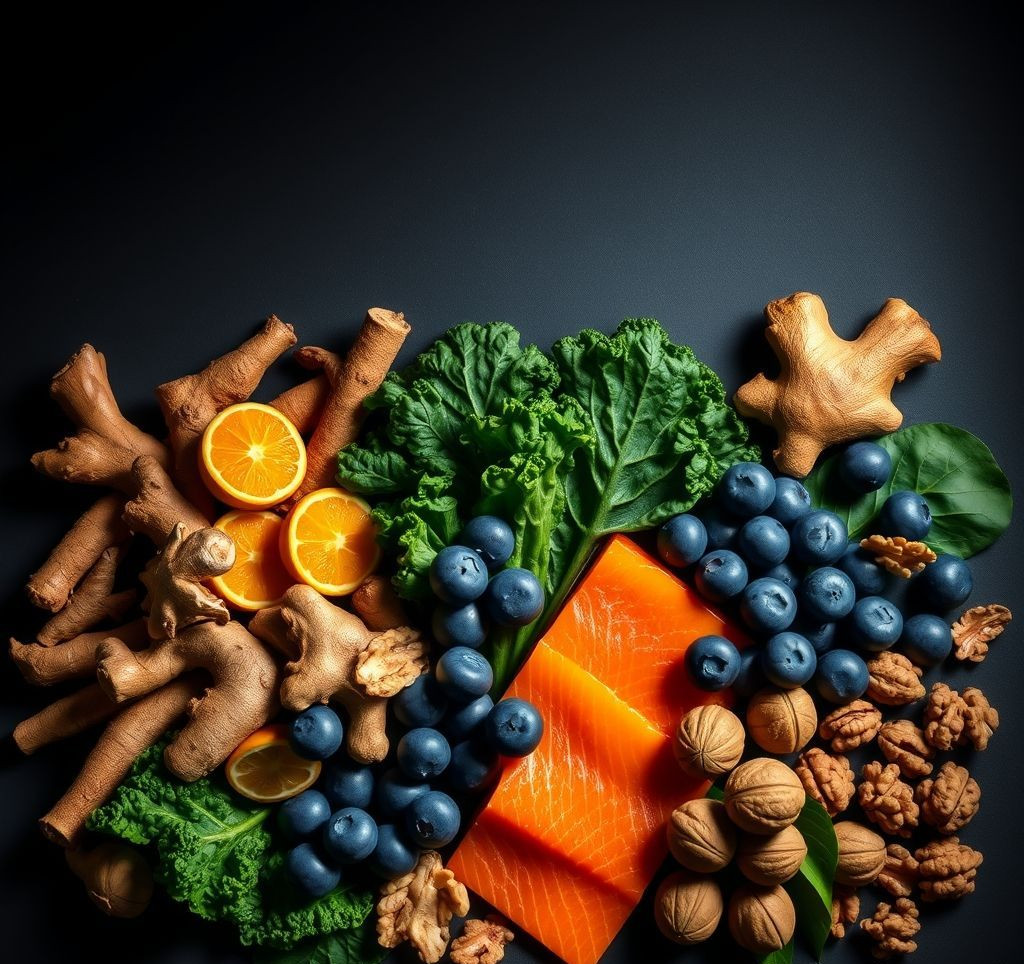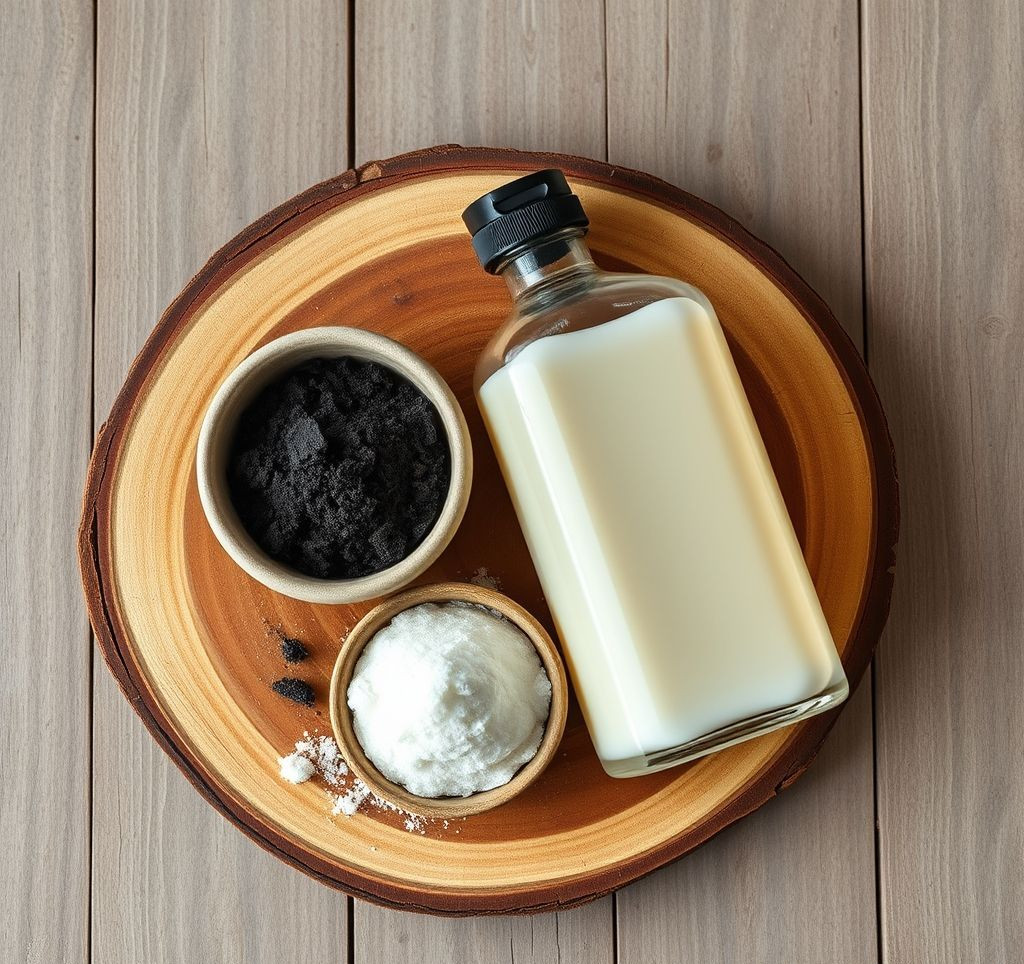Feeling sluggish, achy, or just generally under the weather? Chronic inflammation may be playing a role. While medication can sometimes help, many people are discovering the power of food as medicine. This guide introduces you to the anti inflammation diet, a way of eating designed to soothe inflammation and promote overall wellness. Prepare to explore a delicious and nourishing world!
Why Embrace an Anti Inflammation Diet?
The benefits of an anti inflammation diet extend far beyond simply feeling better. By focusing on nutrient-rich foods, you can potentially address the root causes of many common ailments. Here’s why this approach is gaining popularity:
- Reduces Chronic Inflammation: This is the primary goal! An anti inflammation diet is packed with foods that combat the inflammatory processes in your body.
- Supports Gut Health: Many inflammatory conditions are linked to an imbalance in the gut microbiome. This diet encourages the growth of beneficial bacteria.
- Boosts Energy Levels: By eliminating processed foods and focusing on whole foods, you’ll experience a more sustained and natural energy boost.
- Promotes Weight Management: Naturally lower in processed sugars and unhealthy fats, this way of eating can support healthy weight management.
- May Reduce Risk of Chronic Diseases: According to the National Institutes of Health, chronic inflammation is implicated in many major diseases, from heart disease to arthritis. An anti inflammation diet may help in prevention.
Core Principles of an Anti Inflammation Diet
Understanding the fundamental principles is key to successfully implementing an anti inflammation diet. It’s not about deprivation, but about abundance – filling your plate with colorful, nutrient-dense foods. These principles include
- Focus on Whole, Unprocessed Foods: Prioritize fruits, vegetables, whole grains, lean proteins, and healthy fats.
- Limit Processed Foods, Sugar, and Refined Carbohydrates: These can contribute to inflammation.
- Incorporate Healthy Fats: Olive oil, avocados, nuts, and seeds are your friends!
- Hydrate Adequately: Water is essential for flushing out toxins and keeping your body functioning optimally.
- Choose Lean Protein Sources: Opt for fish, poultry, beans, and lentils.
A Step-by-Step Guide to Building Your Anti Inflammation Diet
Getting started with an anti inflammation diet doesn’t
have to be overwhelming. Follow these steps to ease into this healthy lifestyle:- Identify Inflammatory Foods: Begin by recognizing foods that may be contributing to inflammation. Common culprits include processed foods, sugary drinks, refined carbohydrates (white bread, pasta), and excessive alcohol. Start by gradually reducing your intake of these.
- Load Up on Anti Inflammatory Foods: Introduce more anti inflammatory foods into your diet. Think colorful fruits and vegetables like berries, leafy greens, tomatoes, and bell peppers. Fatty fish like salmon, tuna, and mackerel are excellent sources of omega-3 fatty acids, which have potent anti inflammatory properties.
- Plan Your Meals: Meal planning is crucial for success. Take some time each week to plan your meals and snacks around anti inflammatory foods. This will help you avoid impulse decisions that can derail your progress.
- Read Labels Carefully: Be mindful of hidden sugars, unhealthy fats, and artificial ingredients in processed foods. Get used to reading nutrition labels and choosing products with minimal added ingredients.
- Start Slow: Don’t try to overhaul your entire diet overnight. Begin with small changes, such as swapping sugary drinks for water or adding a side of vegetables to your meals. Small, sustainable changes are more likely to lead to long-term success.
Expert Tips & Best Practices for Success
Maximize the benefits of your anti inflammation diet with these expert tips:
- Incorporate Turmeric and Ginger: These spices have powerful anti inflammatory properties. Add them to your meals, smoothies, or teas.
- Prioritize Sleep: Adequate sleep is essential for reducing inflammation throughout the body. Aim for 7-9 hours of quality sleep per night.
- Manage Stress: Chronic stress can contribute to inflammation. Practice stress-reducing techniques like yoga, meditation, or spending time in nature.
- Consider Probiotics: As mentioned earlier, gut health plays a significant role in inflammation. Consider taking a probiotic supplement or incorporating fermented foods like yogurt, kefir, and sauerkraut into your diet. “Let food be thy medicine and medicine be thy food,” a quote often attributed to Hippocrates, perfectly encapsulates the spirit of using diet to combat inflammation.
- Listen to Your Body: Pay attention to how different foods affect you. Keep a food journal to track your symptoms and identify any potential triggers.



















